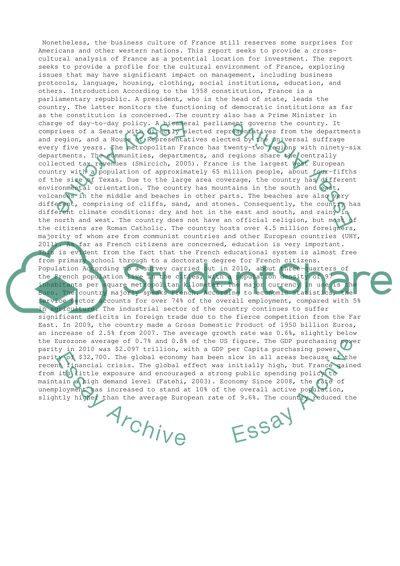Cite this document
(“Cross-cultural Management in Multinational Project Groups Essay”, n.d.)
Retrieved from https://studentshare.org/business/1399092-country-report-cross-cultural-analysis
Retrieved from https://studentshare.org/business/1399092-country-report-cross-cultural-analysis
(Cross-Cultural Management in Multinational Project Groups Essay)
https://studentshare.org/business/1399092-country-report-cross-cultural-analysis.
https://studentshare.org/business/1399092-country-report-cross-cultural-analysis.
“Cross-Cultural Management in Multinational Project Groups Essay”, n.d. https://studentshare.org/business/1399092-country-report-cross-cultural-analysis.


